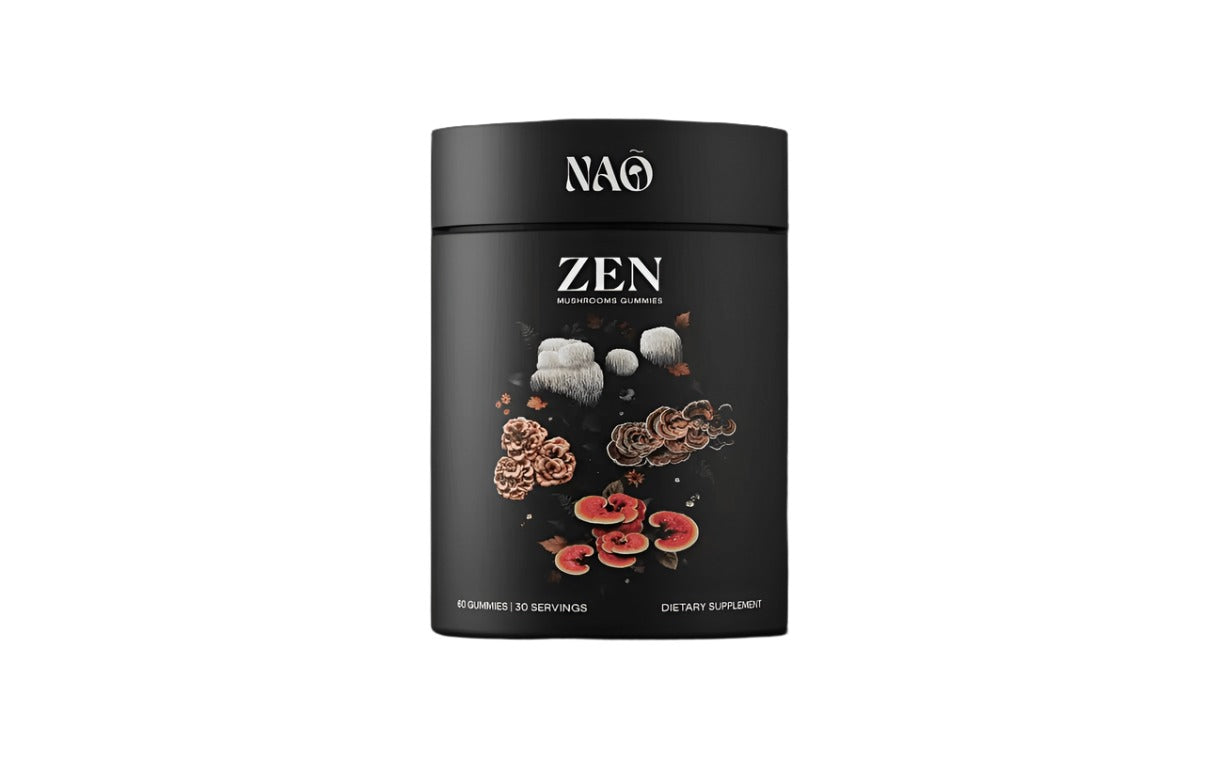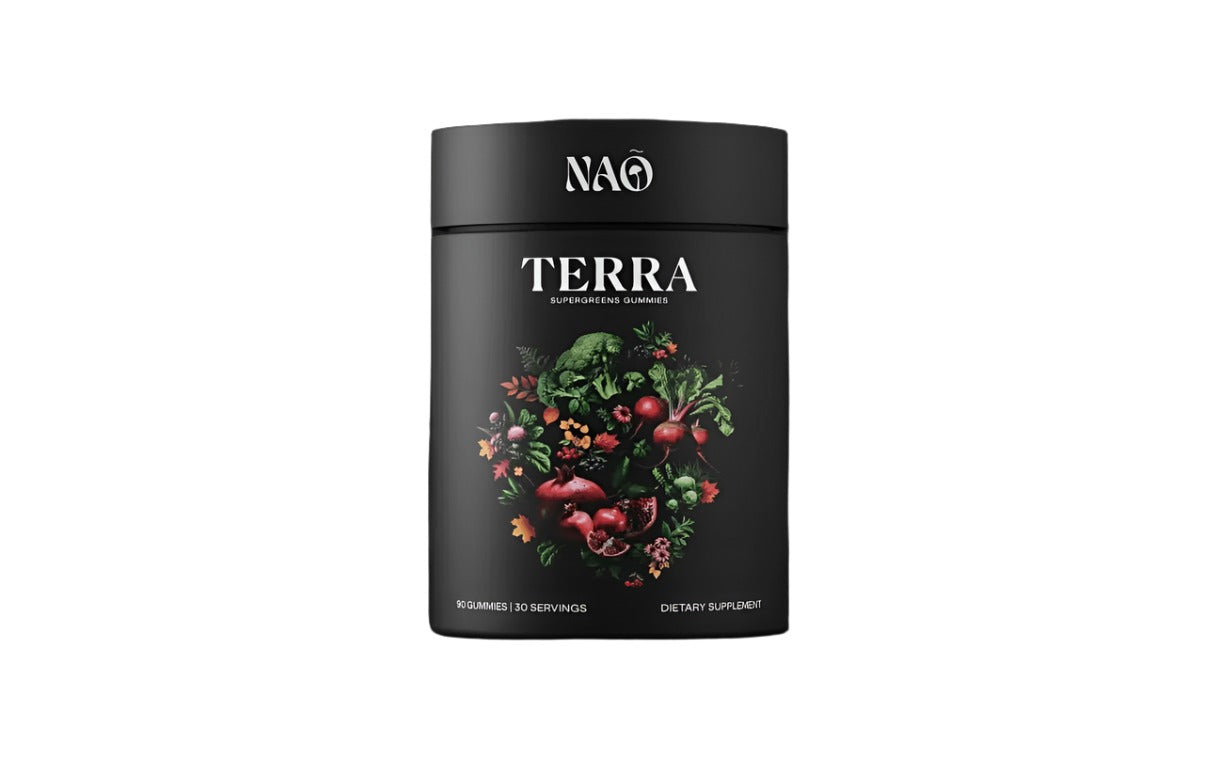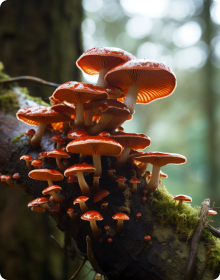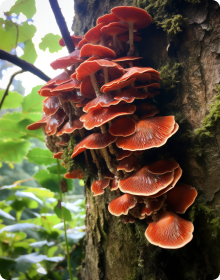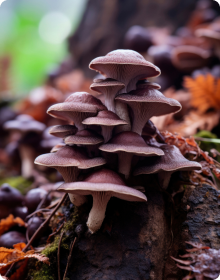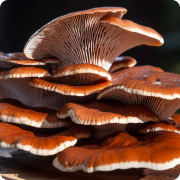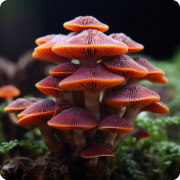Though it's an interesting and transforming trip, pregnancy also comes with a lot of questions – especially about diet. Your nutritional requirements change as your body works extra to support your developing child. Superfoods for pregnancy then become rather helpful. These nutrient-dense foods not only make you feel best but also guarantee your baby gets what they need to grow properly. Which, then, are the best superfoods for your prenatal diet? Let's explore what you should know about feeding your baby and yourself through this critical period.
Why Eating Right During Pregnancy Is So Important
A good pregnancy diet is more than just eating for two; it's about ensuring your baby, and you are getting the nutrients you need to flourish. Maternal diet and fetal development are intimately related. Your baby's growth, organ development, and general health directly depend on what you eat. Leafy greens, berries, and healthy fats, among other superfoods for pregnancy, are quite important in supplying the vital vitamins and minerals your baby needs to develop strong.

What Are Superfoods?
But what can we call a superfood? Firstly, it is rich in antioxidants, minerals, and vitamins. And it is very nutritious. They are named “super” since they provide a broad spectrum of health benefits that are especially relevant during pregnancy. Mixing these foods into your diet guarantees that your baby and you are getting the best possible nutrition.
The Connection Between Maternal Nutrition and Fetal Development
There is an interrelationship between maternal food and the growth of the fetus. To prevent neural tube defects, for example, the nutrition must contain folic acid. How about teeth and bones? Calcium is responsible for this. Fish like salmon and walnuts promote brain and eye development for your baby. It is because they are packed with healthy fats, including omega-3 fatty acids.
Protein encourages the development of fetal tissues, such as the brain, in addition to the maternal breast and uterine tissue. Such superfoods can help you give your baby all the different building blocks required for his growth and development in case you consume a wide variety of these foods.
Potential Pregnancy Complications a Balanced Diet Can Help Prevent
A diet high in organic superfoods will help to balance things out and rule out most of these complications, including the following:
-
Diabetes in Gestation: A diet comprising whole grains, foods high in fiber, and healthy fats can help control blood sugar levels, so readily influencing and causing gestational diabetes.
-
Anemia: Iron-rich superfoods including lean meats, lentils, and spinach help to prevent anemia, which is rather common during pregnancy, and might cause tiredness among other health issues.
-
Preeclampsia: Calcium intake can be easily sufficient, particularly from food sources, including milk products, leafy greens, and fortified plant-based milk. Enough calcium helps to lower the risk of preeclampsia, a possibly dangerous disorder marked by high blood pressure.
-
Low Birth Weight: Consuming nutrient-dense foods will help your baby get enough nutrients to satisfy her proper growth requirements and help maintain the proper weight.
-
Neural Tube Defects: Folic acid found in leafy greens, citrus fruits, and fortified cereals is quite crucial in preventing neural tube problems in early stages of pregnancy.
Good nutrition will also support a normal weight gain, maintain your energy level, and advance general well-being. Your little one will have the best possible start in life and your pregnancy will be far healthier if you follow a diet so high in nutrients.
Essential Nutrients for Pregnant Women
Emphasizing the need to obtain a range of vital nutrients that support your health as well as the development of your baby is crucial when pregnant. The following are some of the most important minerals you should give top attention to:

Folate-Rich Foods for Fetal Development
Early in fetal development, iron folate, also called vitamin B9, is absolutely vital. It is very important it is used in the process of forming the neural tube. What is it? It is a structure that forms the baby's brain and spinal cord. Making sure your diet supplies sufficient folate will help avoid neural tube problems. Foods heavy in folate are fortified cereals, lentils, and spinach. Including these foods in your regular diet will help you get the folate your body requires during this vital period of pregnancy.
Together with iron, folate supports higher blood volume during pregnancy, so facilitating oxygen delivery to your baby. This makes foods high in folates indispensable for the foods to eat when pregnant to support your own health as well as the development of your baby.
Omega-3 Fatty Acids for Brain Health
The development of your baby's brain and eyes depends on omega-3 fatty acids. These fatty acids help your baby's eyes and brain develop as well as support the expansion of neural cells. Additionally beneficial for your baby's cognitive development following birth is enough omega-3s consumed during pregnancy. Excellent sources of omega-3s are chia seeds, walnuts, and salmon. Including these foods guarantees your baby receives the best support for their growing brain and vision.
How do mothers benefit from omega-3s? It supports heart health and helps lower inflammation. Eating foods high in omega-3 fatty acids in your diet is a perfect choice to provide your body with healthy fats that support general wellness during pregnancy.
Iron for Increased Blood Volume
Another vital mineral that is quite important during pregnancy is iron. Your body needs more iron to help support the higher blood volume required to provide oxygen to your developing baby. Common among expectant women, anemia brought on by low iron levels can cause tiredness and other problems.
One potent mix that supports good fetal development and helps prevent anemia is iron folate. Foods heavy in iron include beans, lean meats, spinach, and fortified cereals. Include these foods in your diet to guarantee that your baby is getting enough oxygen and help to preserve your energy levels.
You can also consume foods high in vitamin C. For example, citrus fruits or bell peppers. It will improve your iron absorption.
Top 10 Superfoods for Pregnancy
Including superfoods in your daily diet will help your developing child and you greatly alike. The top 10 superfoods for pregnancy are listed here together, along with ideas for including them in your diet:

Spinach and Leafy Greens
Rich in folate, iron, and a rainbow of other vital minerals, leafy greens including spinach, kale, and Swiss chard Particularly in early stages of pregnancy, these greens are vital for fetal development. While kale is heavy in vitamin C, which promotes iron absorption, spinach is also high in vitamin K, which supports blood clotting and bone health.
For a nutrient boost without changing the taste, toss some spinach into smoothies. For a basic but great side dish, fry greens using olive oil and garlic. To up your consumption of these nutrient-dense foods, you can also toss them into salads or base grain bowls. And there are very tasty super green gummies with spinach. You can take just 2 gummies daily to complement a balanced diet with essential nutrients.
Salmon
Salmon boasts great protein, vitamin D, and omega-3 fatty acids. Omega-3s help your baby's brain and eye development; vitamin D promotes calcium absorption and bone health. Salmon also supplies selenium, a vital antioxidant that supports immune system activity and shields cells from damage.
When possible at all, choose wild-caught salmon since it usually has less pollutants. Limit your intake to two to three servings a week to reduce mercury intake yet still get the rich nutrient value.
For a great main meal, grill or bake salmon using lemon and herbs. For a filling and healthy dinner, flake it also into salads or toss it with whole-grain pasta.
Greek Yogurt
Baby's teeth and bones development is very much dependant on calcium presence in a mother's ration. Greek yogurt also has probiotics, that supports immune system and good digestion. It has more protein than ordinary yogurt, thus it's a great option for preserving muscle mass during pregnancy.
Enjoy Greek yogurt as a snack topped with fresh berries and a drizzle of honey for an extra sweet taste. To make a cool tzatziki dip, toss it with cucumbers, garlic, and lemon; use it as a creamy basis for smoothies. In savory cuisine, Greek yogurt can also be used in place of sour cream.
Blueberries
Blueberries abound in antioxidants, especially vitamin C and anthocyanins, which support general pregnancy health and shield cells from oxidative stress. Additionally a good source of fiber, they support digestion and help avoid constipation – a problem many pregnant women deal with.
For a taste explosion, toss blueberries into your oatmeal or morning cereal. Enjoy them as a fresh snack on their own or smoothies with Greek yogurt and spinach for a nutrient-dense beverage. For a healthful treat, you can also bake them into muffins.
Sweet Potatoes
These vegetables contain beta-carotene, which is the precursor of vitamin A. Vitamin A helps develop your baby's eyes and maintain immunity. Simultaneously, they are an excellent source of dietary fibers that help promote gut health and prevent constipation. They are also rich in potassium, which helps maintain blood pressure within normal limits.
Roast sweet potatoes with some olive oil and cinnamon; they can make for a great topping. Cube them up and add into soups and stews for better texture and taste, or mash them down for a comfortable, nutrition-high dinner.
Quinoa
Quinoa is a complete protein, meaning that it contains all nine essential amino acids the fetus needs to develop, along with the mother's health. It further contains iron, magnesium, and fiber, making it a complete product for maintaining energy and digestive health during pregnancy.
Quinoa is an excellent basis for vegetable and avocado cereal bowls, topped with a source of protein like grilled chicken or salmon. Mix it into salads for some textural difference, or serve it as a side, seasoned with greens and lemon-it's light but useful.
Lentils
Rich in iron folate, lentils help to prevent anemia and support fetal development. They are also heavy in protein and fiber, which makes them perfect for your pregnancy diet for continuous energy and digestive aid. Good sources of B vitamins, which aid in energy metabolism, are lentils as well.
For a substantial, nutrient-dense dinner, toss lentils into soups and stews. For a cool meal, make a lentil salad with chopped vegetables and a light vinaigrette, or stuff vegetarian tacos with them.
Chia Seeds
Little but powerful, chia seeds abound in omega-3 fatty acids, fiber, and calcium. They maintain the proper operation of your digestive system and support the brain development of your infant. Chia seeds also include magnesium, which helps control blood pressure, and phosphorous, which is vital for bone health.
For an additional nutrient boost, toss chia seeds into smoothies; sprinkle them on yogurt for extra crunch; or make chia pudding by soaking them in almond milk overnight and top with fresh fruit for a healthy dessert. In baking, they also serve as an egg replacement.
Avocado
It is rich in good fats, mostly mono-voracious, that form a very critical basis on which your child's brain will develop. Avocado is also home to fiber, potassium, and Vitamin K, all combining to keep blood pressure at a normal level and at bone density. The fruits also contain folate, a critical ingredient in the prevention of neural tube defects.
Serving ideas: Spread whole-grain toast, top it with sweetened egg for a nutrient-ample morning; make guacamole using whole grains crackers as a healthful snack. Use in creamy base salads and add to smoothies for extra flavor.
Walnuts
Omega-3 fatty acids abound in walnuts, especially alpha-linolenic acid (ALA), which supports your baby's brain development and offers anti-inflammatory effects. Additionally included are protein, fiber, magnesium, and vitamin E, all of which help to maintain general pregnancy wellness.
Enjoy walnuts as a quick snack on their own, toss them into oatmeal or yogurt for a crunchy top, or stir them into a homemade trail mix including dried fruit for a treat high in energy. To give a healthy crunch, you can also cut walnuts and top baked products or salads.
Superfoods to Avoid During Pregnancy
Though it's an exciting period, pregnancy can be confusing when it comes to diet. Although many superfoods are excellent for your baby and you, some you should steer clear of or exercise great caution with. Let's discuss a few of these foods and the reasons why avoiding them is wiser.
First, avoid raw fish, unpasteurized dairy, and high-mercury fish. Like sushi, raw fish can harbor germs or parasites that might cause illness. Your child, as well as you, could find this to be dangerous. Additionally, a no-go is a high-mercury fish, including king mackerel, swordfish, and shark. Mercury can mess with your baby's growing nervous system.
Rather, go for fully cooked fish and stay with low-mercury choices like salmon or sardines. Still providing all the omega-3s you need, these are safe. Regarding dairy, also always choose pasteurized yogurt, cheese, and milk. Unpasteurized forms could include dangerous bacteria like Listeria, which might cause major problems.
Raw or undercooked eggs, liver products, and some herbal teas should also be avoided. Salmonella found in raw eggs can cause food poisoning. Nobody wants that, particularly in light of your pregnancy. Check that your eggs cook through completely. Super high in vitamin A, liver and liver-based foods should be avoided in excess for your unborn child may suffer.
Better still, get your vitamin A from safer sources such as sweet potatoes and leafy greens. Even seemingly benign herbal teas can have components unsafe for a pregnancy. Before sipping herbal teas, always ask your doctor. Steer clear of these dangerous foods to help your baby and you remain safe and healthy.
